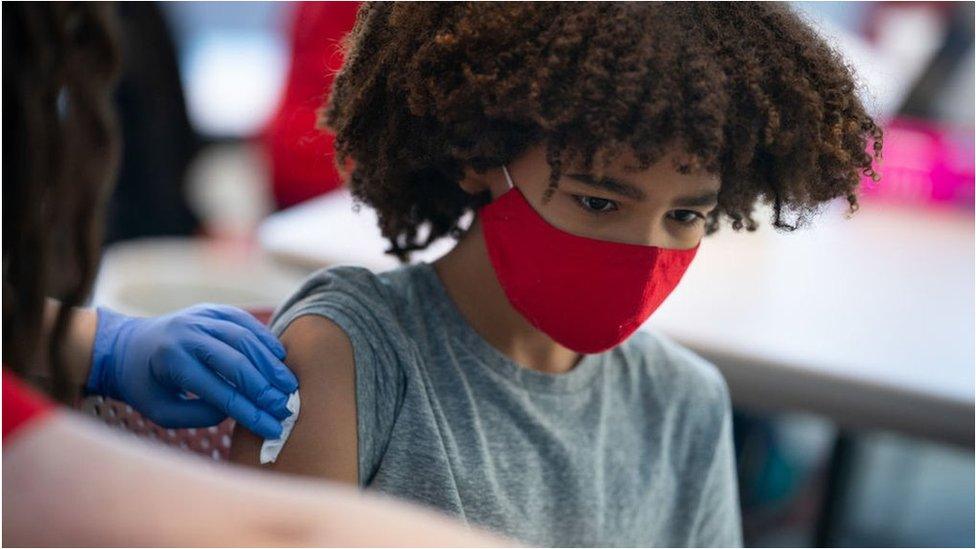Oxford-jab chief criticises UK's Covid booster plan
- Published
- comments
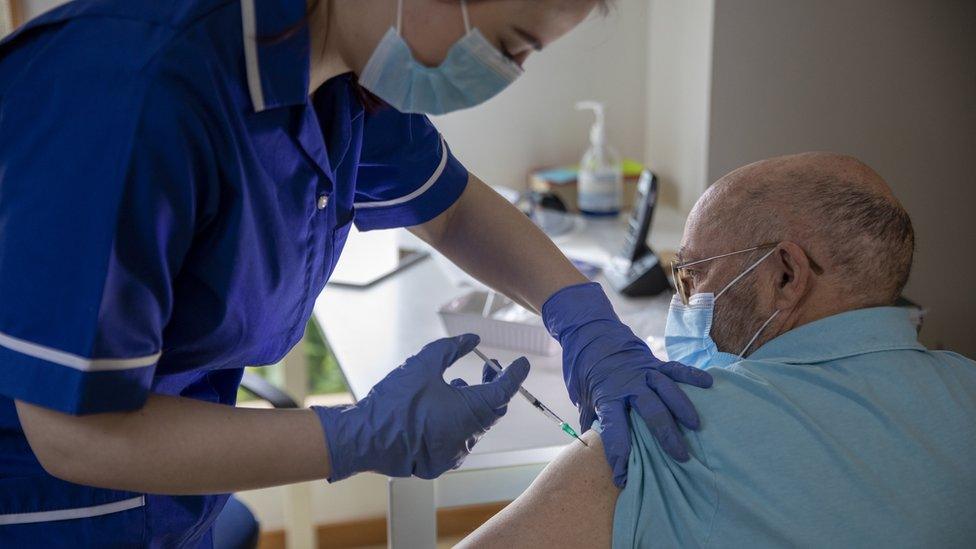
All over-50s in the UK could be eligible for a third or booster dose of a Covid vaccine
Health Secretary Sajid Javid says he has already put plans in place to give the most vulnerable groups a third or booster Covid jab early next month.
But the head of the Oxford Vaccine Group said doses needed to "go where they can have the greatest impact" - to protect unvaccinated people abroad.
The UK itself currently had no reason to panic, Prof Sir Andrew Pollard said.
Mr Javid said he would wait for final advice from the Joint Committee on Vaccination and Immunisation (JCVI).
"My plan is to offer the flu vaccine, especially to over-50s, at the same time," he said.
A bigger flu season than normal is expected, with scientists warning respiratory viruses will make a comeback this year after disappearing last year during lockdown.
NHS bosses had previously said they needed lots of warning of a Covid booster programme in order to plan the logistics of vaccinating millions of people against both viruses.
However, Prof Pollard, who led the team that created the Oxford-AstraZeneca vaccine, said decisions on whether to give boosters "should be scientifically driven".
"The time we would need to boost is if we see evidence that there was an increase in hospitalisation - or the next stage after that, which would be people dying - amongst those who are vaccinated," he said.
"And that is not something we are seeing at the moment."
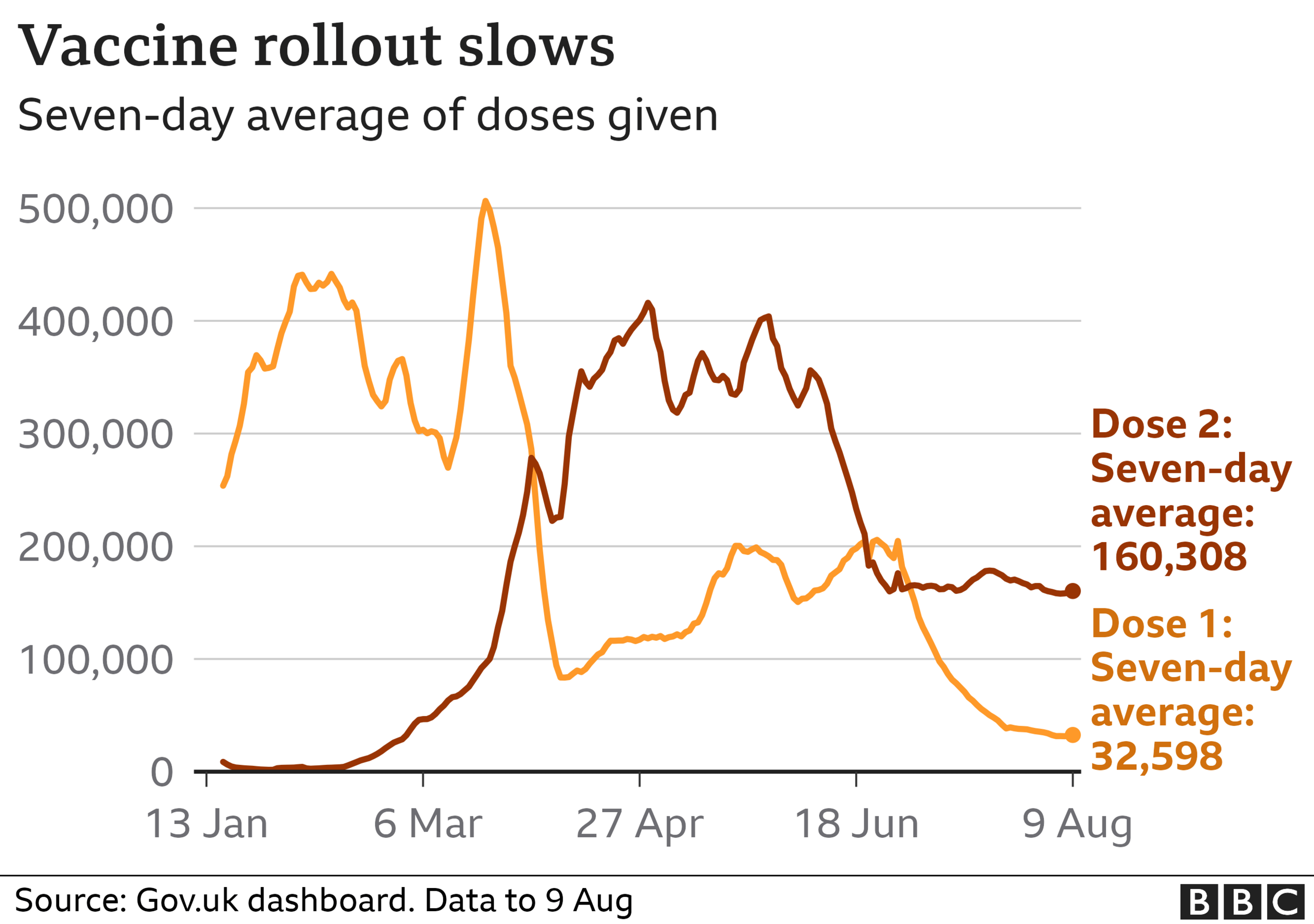
Prof Pollard told the all-party parliamentary group on coronavirus that people's immune systems would remember "decades from now" they had received two doses of vaccine - and that would help protect them against Covid-19.
"We are not seeing a problem with breakthrough severe disease and we have this understanding of the biology which puts us in a good place to know that even if we start to see some waning of protection, that would not be a complete switch-off of protection," he said.
'Herd immunity not possible'
Prof Pollard also warned that herd immunity was "not a possibility" because the delta variant would continue to infect people who had been vaccinated.
Even if all children were vaccinated, that wouldn't stop transmission of the virus, he said.
Over time, there needed to be a move away from community testing of mild infections - which will boost people's immunity - to clinically-driven testing of people who become unwell, he added.
The focus should be on improving treatment for people who become seriously ill from Covid in hospital, Prof Pollard said.

OXFORD JAB: What is the Oxford-AstraZeneca vaccine?
GLOBAL SPREAD: How many worldwide cases are there?
EPIDEMIC v PANDEMIC: What's the difference?
VACCINE: When will I get the jab?
NEW VARIANTS: How worried should we be?

Related topics
- Published1 July 2021
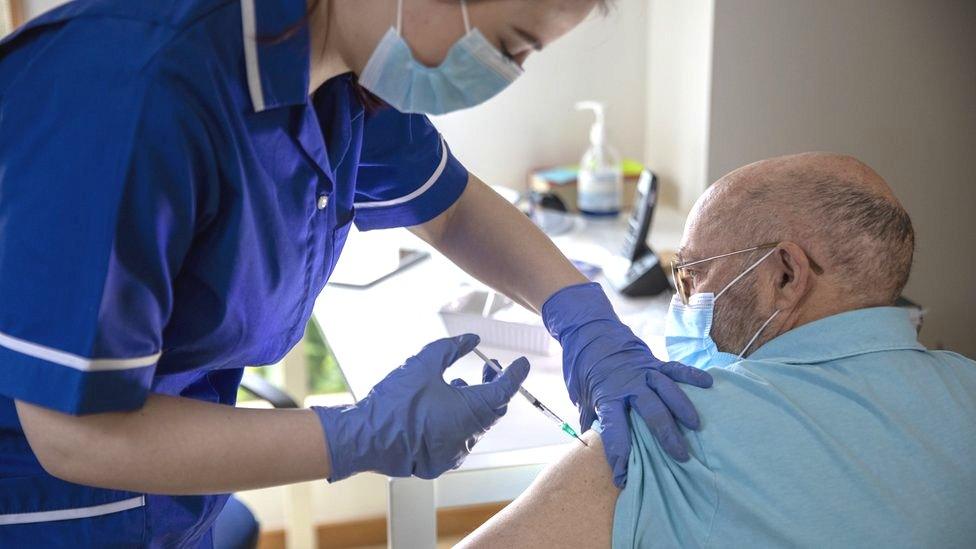
- Published4 August 2021
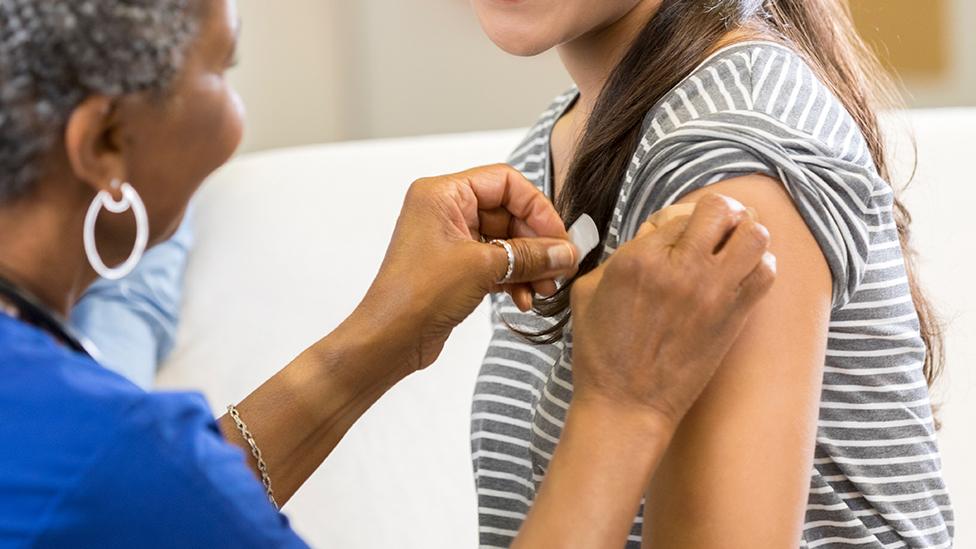
- Published4 March 2022

- Published18 June 2021
- Published18 May 2021
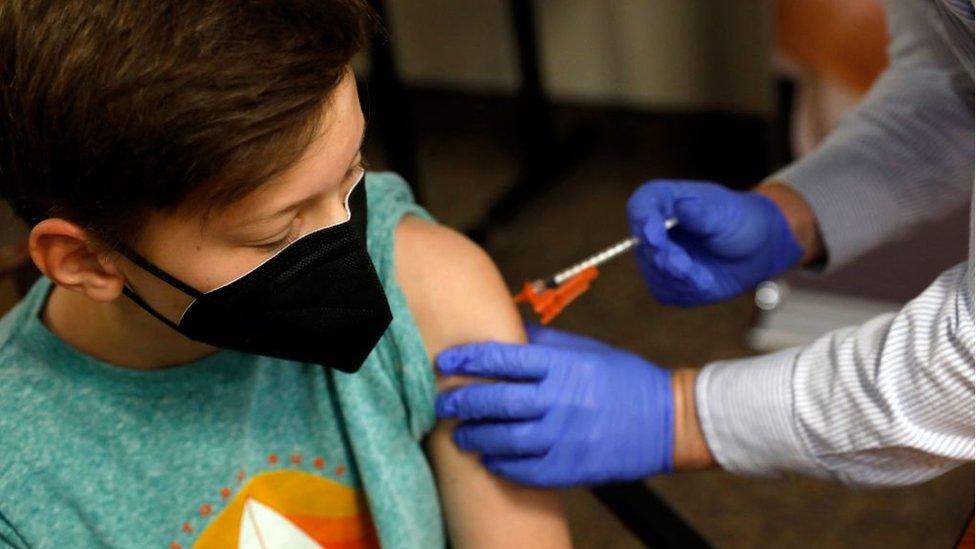
- Published4 June 2021
